
New research shows global climate benefits of protecting nature, but it’s not a silver bullet
Since 2000, the researchers reported, protected forests worldwide have stored 9.65 billion metric tons more carbon in their trunks, branches, and stems than ecologically similar unprotected areas. That is equal to about a year’s worth of annual carbon dioxide emissions from human activities. But that doesn’t mean that nature is a silver bullet that will stop climate change, said lead author Laura Duncanson, an assistant professor and remote sensing scientist at the University of Maryland who studies global carbon stocks.

Breaking down the Inflation Reduction Act program by program, incentive by incentive
The Inflation Reduction Act is the biggest investment in clean energy and climate solutions in American history, so it can be hard to keep track of everything in it. This spreadsheet breaks down the funding opportunities in the bill in a way that allows a variety of users to easily find out which IRA programs and tax incentives can benefit them.
In particular, this spreadsheet was developed for use by:
- State and local/municipal governments
- Tribal Nations
- Businesses
- Non-profits
- Institutions of higher education
- Individual consumers
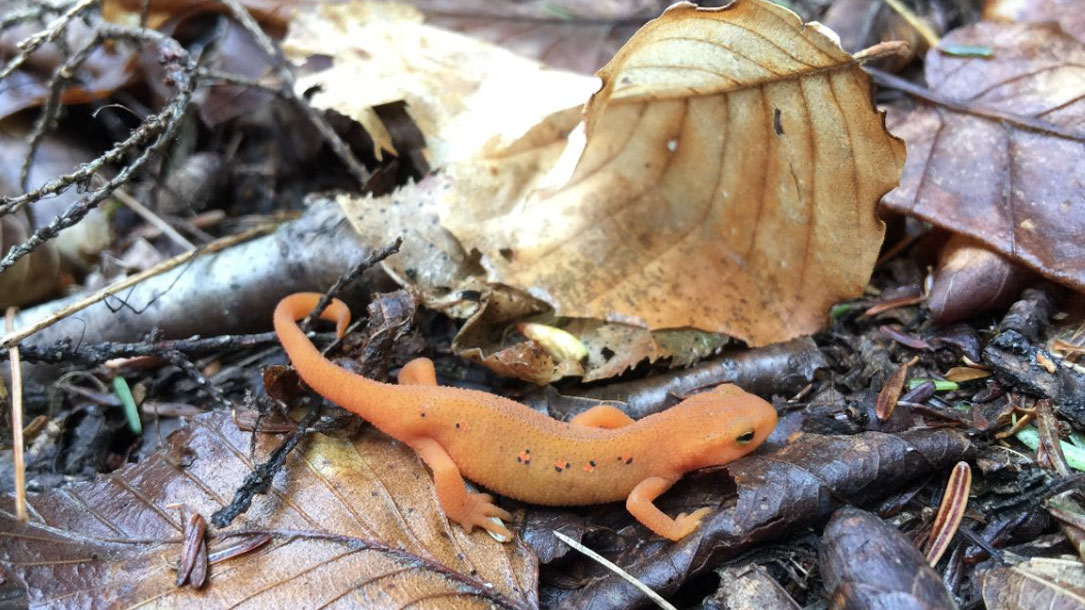
Ensuring that NbS support thriving human and ecological communities
Their mission is to enhance understanding of the value of nature-based solutions to societal challenges and to help ensure they support thriving human societies and ecosystems without compromising efforts to keep fossil fuels in the ground…

Americans beginning to correlate extreme weather with a climate crisis, but purse strings are still tight
Broader socioeconomic factors are also affecting those who are experiencing weather events, and more importantly, how these parties can financially respond to these events — and thus how willing they are to pay even more.
For instance, only 29% of households that experienced extreme events had 100% of their damages covered by insurance. Renters though had it worse — with those who have experienced extreme events being uninsured 70% of the time…
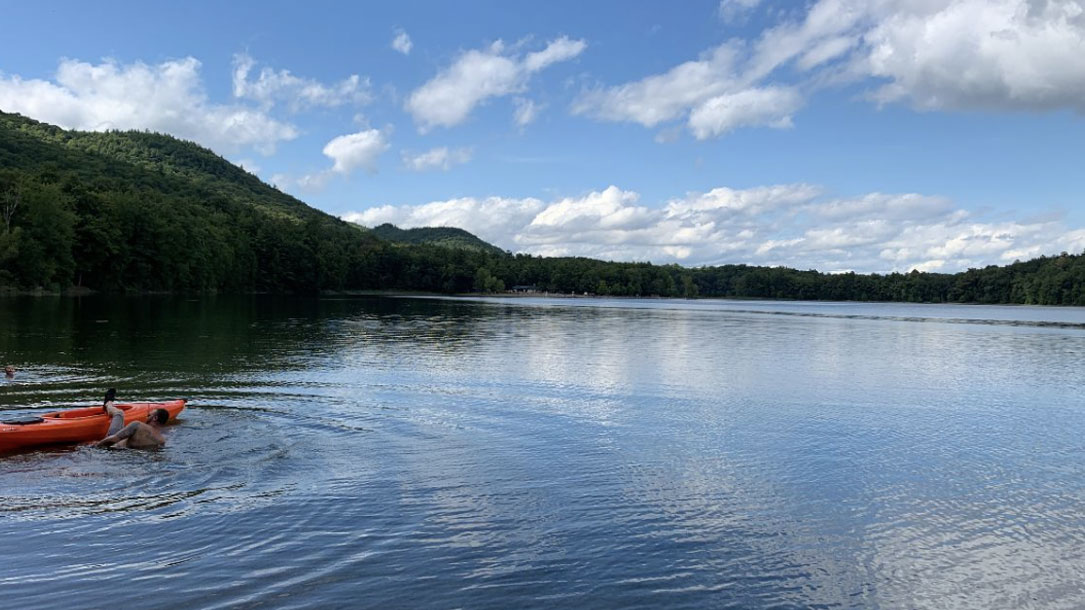
Finding hope — and faith — in the climate change debate
Katharine Hayhoe, a climate scientist and Christian, is working to bring hope to the climate change debate. On Saturday night [in Salt Lake City, Utah], she did so by describing a giant boulder on a hill…
“People are willing to do something if they feel like what they do will make a difference,” she said.
“Is talking sufficient? Of course not. Is talking necessary? 100%,” she said.

Numb to the World
On August 1 1955, a telling photograph was featured in Life magazine. The photograph depicted cans, frozen foods containers, disposable diapers, garbage bags, and a paper tablecloth falling from the sky like rain onto a smiling couple who were raising their arms towards the tumbling sea of trash. The caption underneath the photo read, “Throwaway living: disposable items cut down household chores.” The photograph reflected a paradigm shift away from the pre-World War II ‘waste not want not’ philosophy of living and toward a more wasteful zeitgeist.
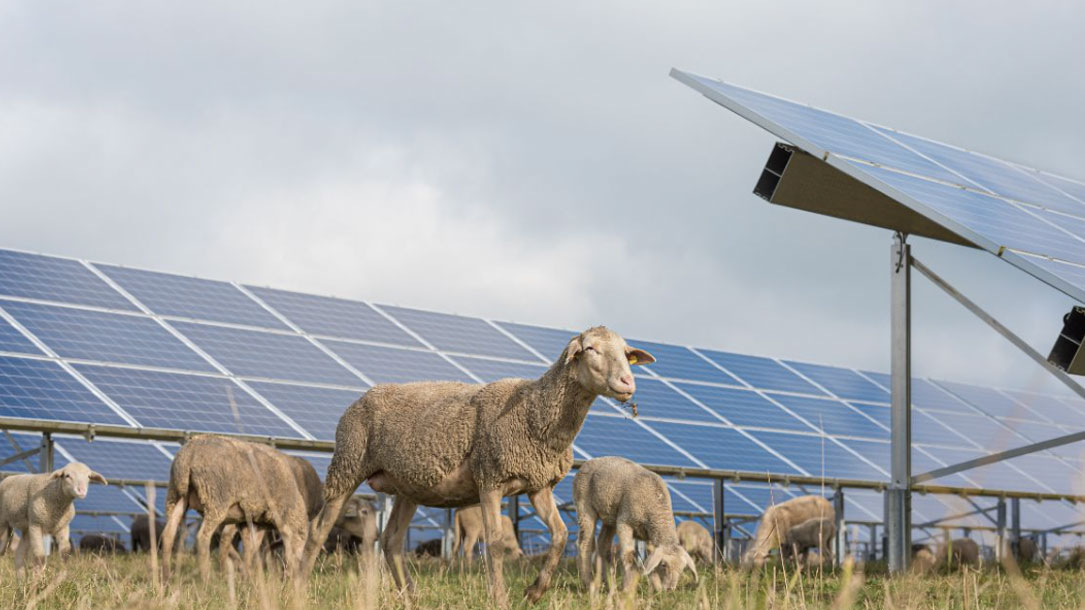
An integrated approach to land management
MNL developed the Conservation Grazing Program in order to provide the most ecologically comprehensive land management services in the region. Through the planned impact of livestock grazing, we provide an additional tool for land managers on large and small tracts of land, both public and privately owned, to achieve ecological goals.
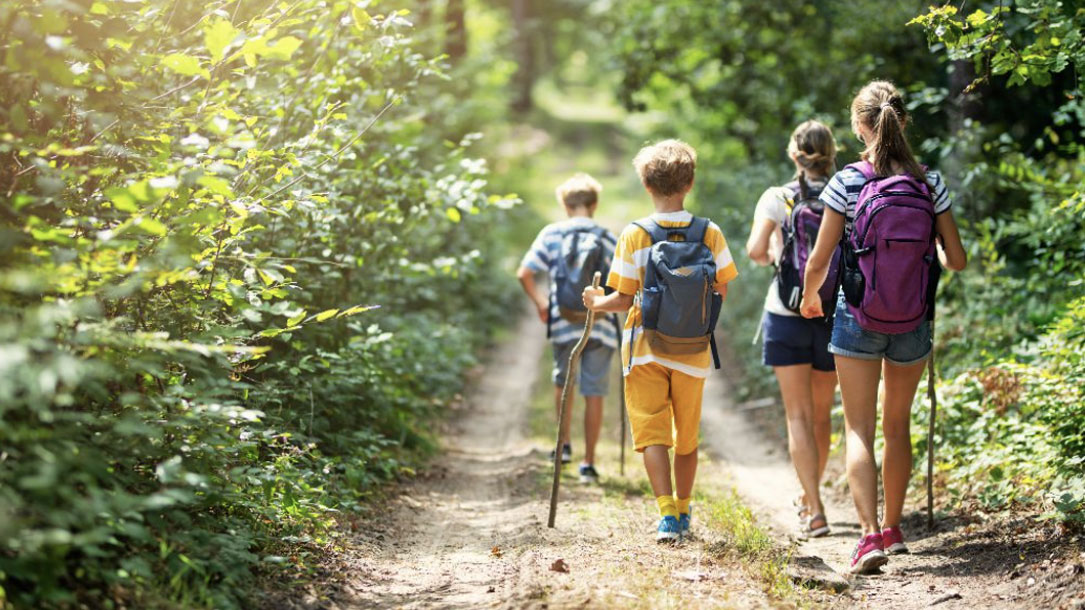
Psychologists are learning how to bolster the health of humans and the environment as the planet warms
“We are concerned about the findings,” said Clayton, a psychology professor at the College of Wooster in Ohio. “Negative emotions and pessimistic beliefs can be a source of stress that leads to mental health problems such as anxiety and depression.” Nearly half of the participants reported that their feelings about climate change negatively affected aspects of their daily lives, such as sleeping, socializing, school, and work…
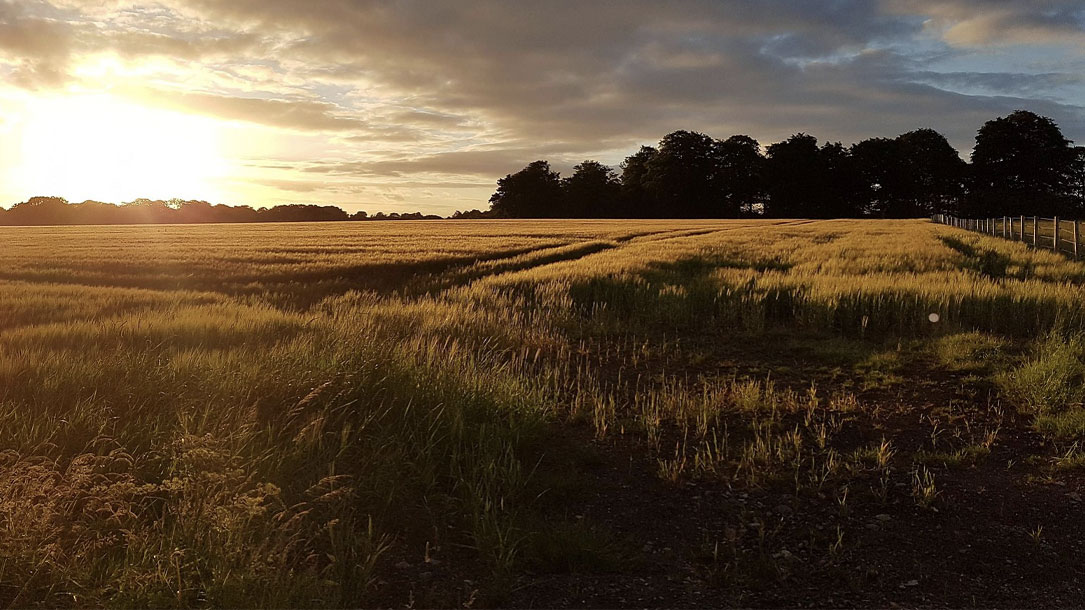
Smart Solar Siting for New England: free webinar series
Join American Farmland Trust, Acadia Center, Conservation Law Foundation, Vote Solar, and Vermont Law School for a four-part webinar series, as we share outcomes from our joint two-year project seeking to reduce conflicts over the siting of solar facilities…
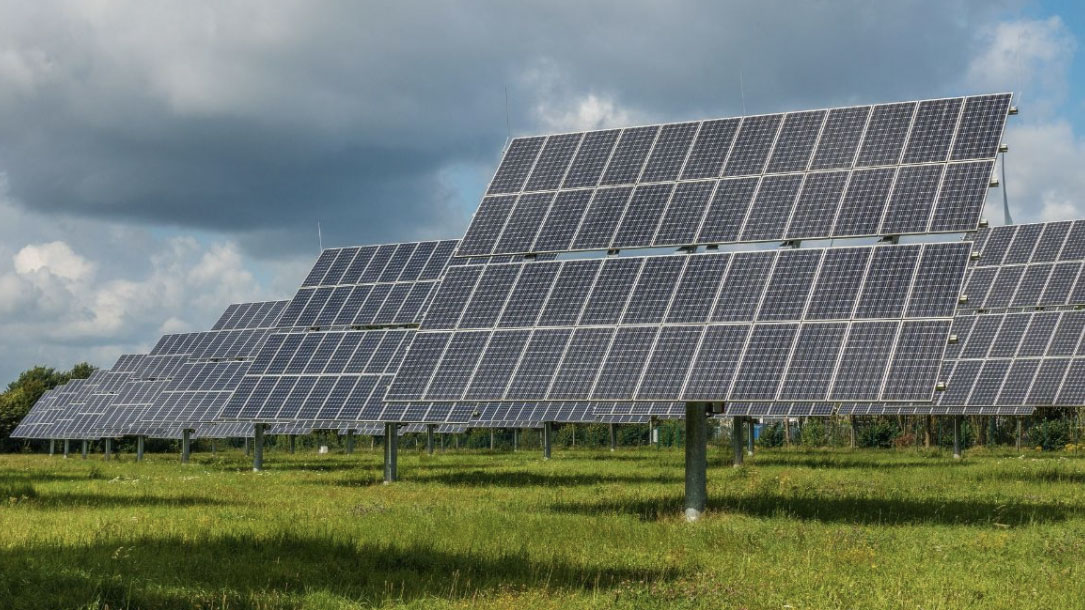
Want to get involved with solar grazing?
he American Solar Grazing Association (ASGA) was founded to promote grazing sheep on solar installations.
ASGA members are developing best practices that support shepherds and solar developers to both effectively manage solar installations and create new agribusiness profits…












